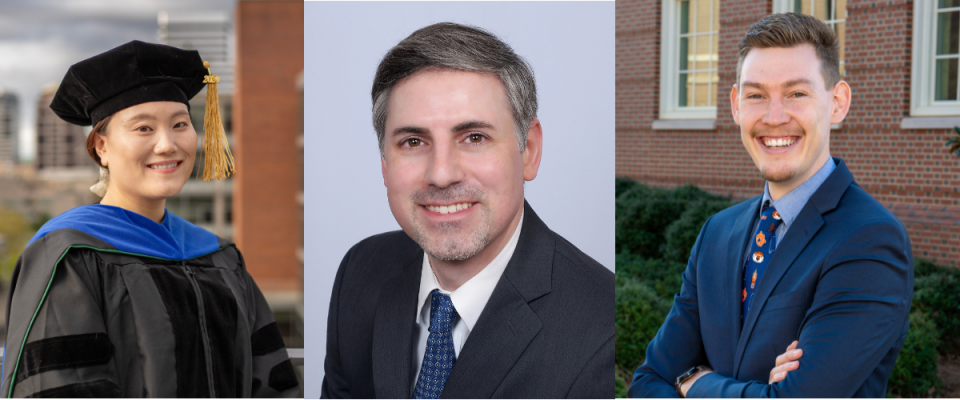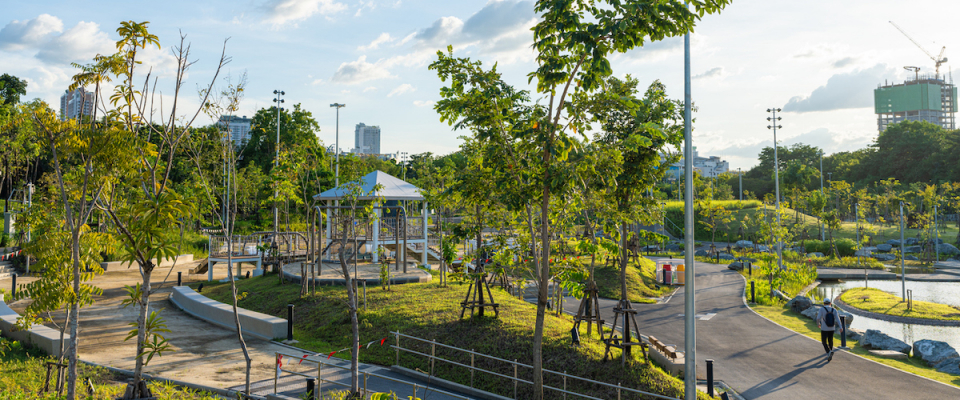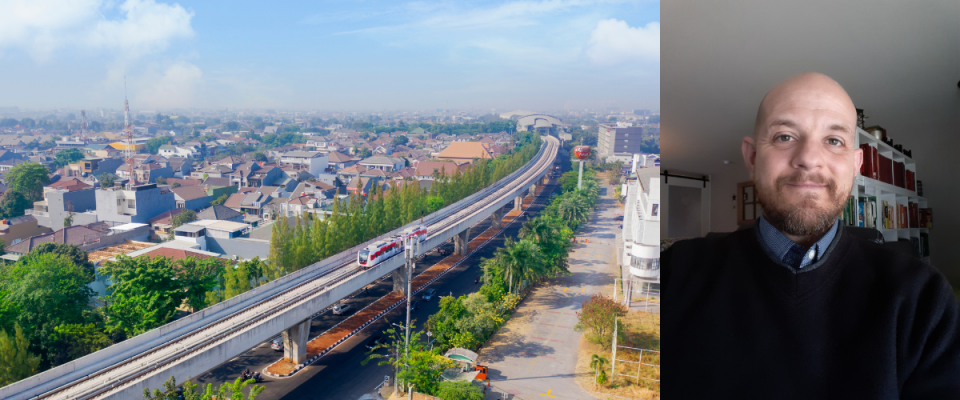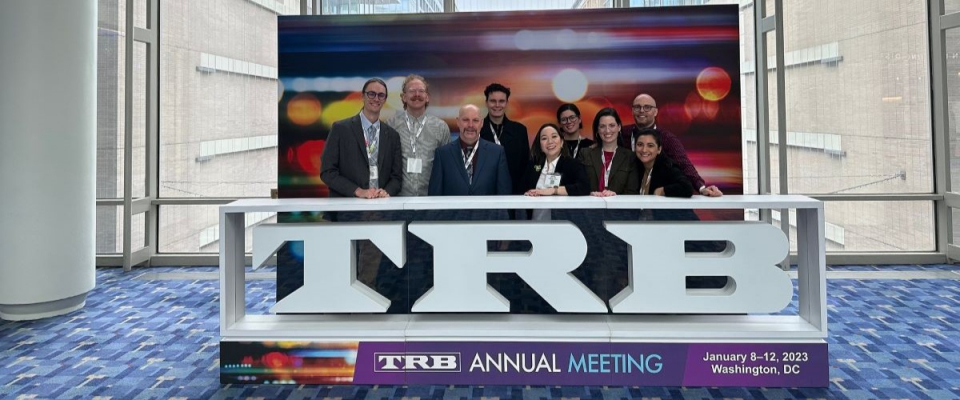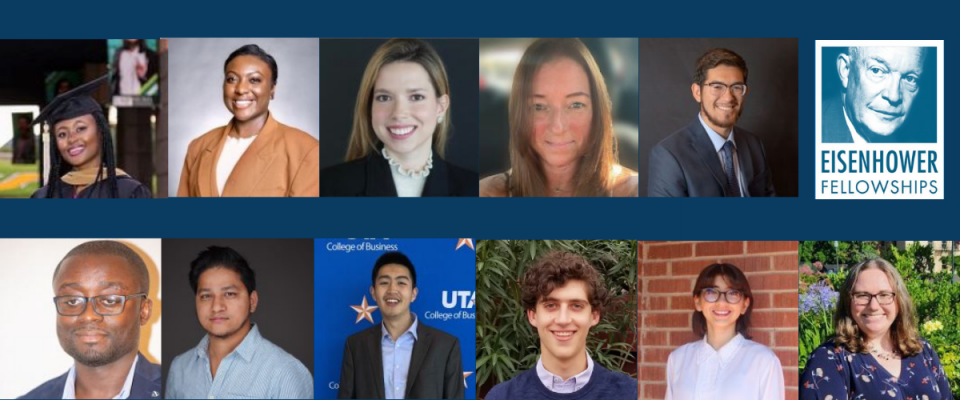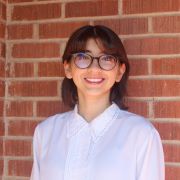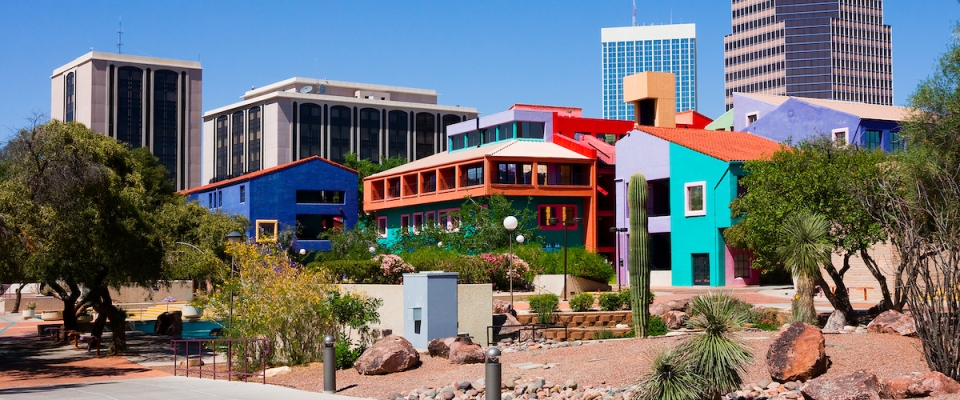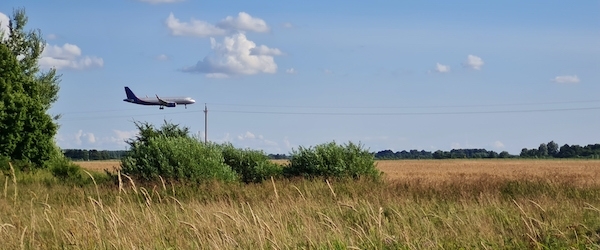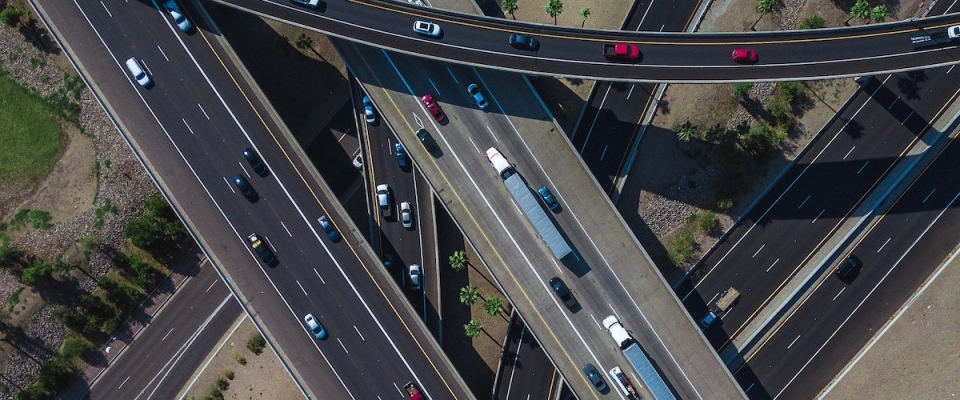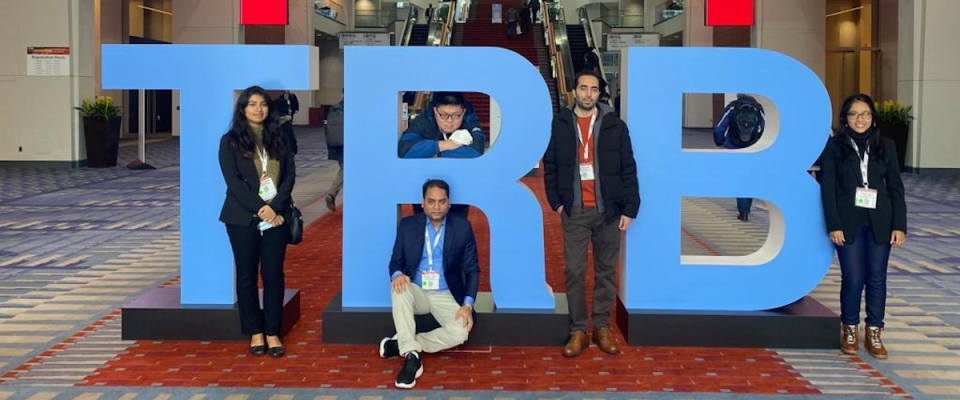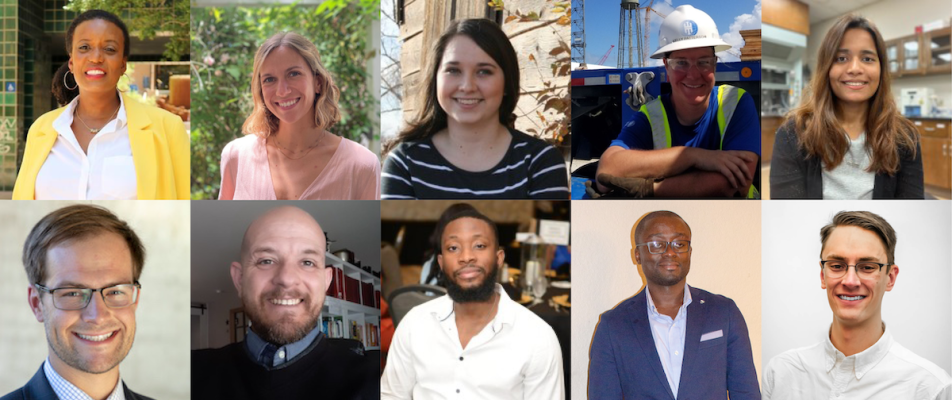Three dissertations supported by funding from the National Institute for Transportation and Communities (NITC) take on different transportation challenges, exploring ways to improve safety and connectivity in communities. Farzin Maniei, Adrian Cottam, and Kyu Ri Kim all completed their doctoral research with support from the NITC program. Read on to learn more about each of their projects.
Adrian Cottam, University of Arizona
Machine Learning and Big Data-Based Approaches for Quality Freeway Volumes
"If you boil it down, the whole purpose of my dissertation is to take existing resources that DOTs have, and try and make better use of them. For example, the Arizona Department of Transportation has loop detectors, but only in the Phoenix region. So it's a very small area out of the total...
Read more
